The Blacker the Plan: Black AIDS Institute’s groundbreaking new report challenges HIV advocates to address anti-Blackness, invest in Black communities, end disparities in health care access, and build capacity in the Black community to respond to the epidemic.
Feb. 7, 2020: Today is the twenty-second National Black HIV Awareness Day (NBHAAD), created in 1999 to raise awareness around HIV in the Black community. In 2020, it is clearer than ever that visibility alone is not enough to end the unacceptable disparities in the domestic epidemic that lead to higher rates of HIV acquisition, immense barriers to care, and worse health outcomes for Black people in the U.S. While the White House purports to want to end the epidemic it simultaneously attacks the very programs and systems that enable health care access for people with low incomes and pre-existing conditions, dismantles housing and food assistance programs, and decimates protections for the rights of Black, brown, and LGBTQ people and people with disabilities. At Positive Women’s Network, we are clear that any real victory—or even improvement—in the domestic HIV epidemic will require vision, fierce advocacy, and resourcefulness from Black leaders – along with support from the entire HIV community.
Enter Black AIDS Institute’s visually stunning, impeccably researched, and powerfully inspiring new report, We the People: A Black Plan to End HIV in America, which provides a robust historical lens on the ways racism and white supremacy have shaped the current state of the epidemic. We the People lays out a detailed, comprehensive plan to address the epidemic in Black communities in the U.S.
If you are going to do one thing to observe and honor NBHAAD this year, Positive Women’s Network – USA urges you to read and share We the People.
BAI’s plan rests on four pillars. PWN endorses these demands and asks our base to commit to these practices:
- Dismantle anti-Black practices, systems, and institutions that endanger the health and well-being of Black people and undermine an effective, equitable response to HIV in Black America.
- Invest in Black communities through resources and services that address the fullness, richness, potential and expertise of Black people and mitigate social and structural factors that worsen health outcomes in Black communities.
- Ensure universal access to and robust utilization of high-quality, comprehensive, affordable and culturally and gender-affirming health care to enable Black people to live healthy lives in our full dignity.
- Build the capacity and motivation of Black communities to be the change agents for ending HIV.
Please download and read the report here and bring it into ongoing discussions around plans to end the epidemic.
We are who we’ve been waiting for, and the time is now.



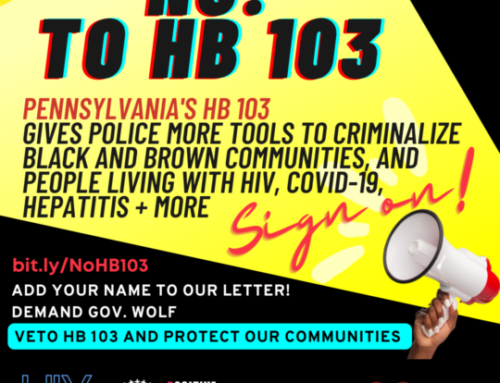
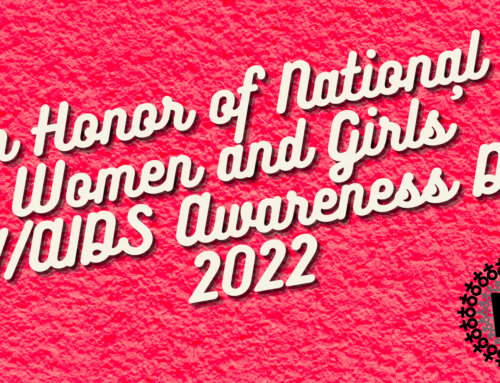
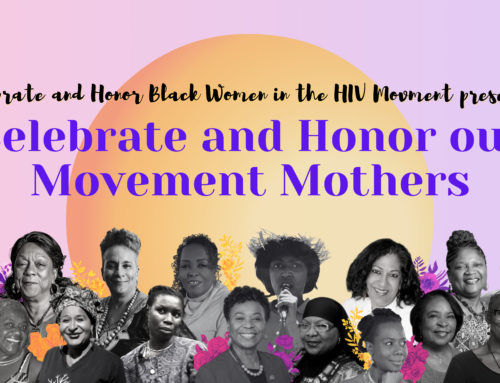
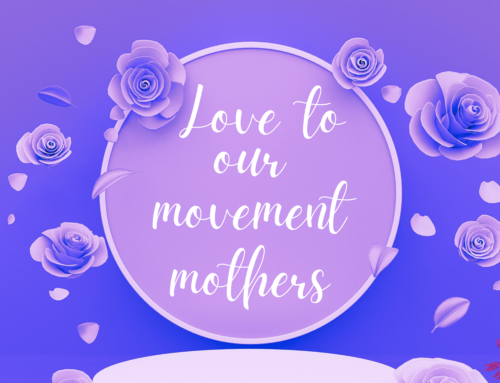
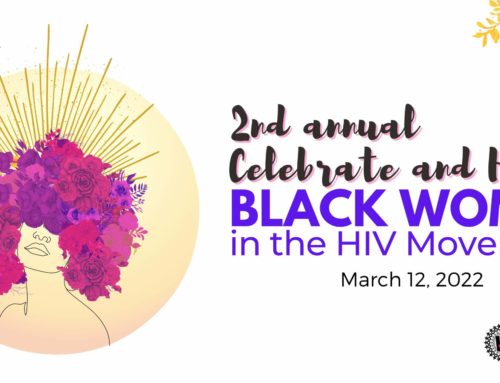
We the People: A Black Plan to End HIV in America